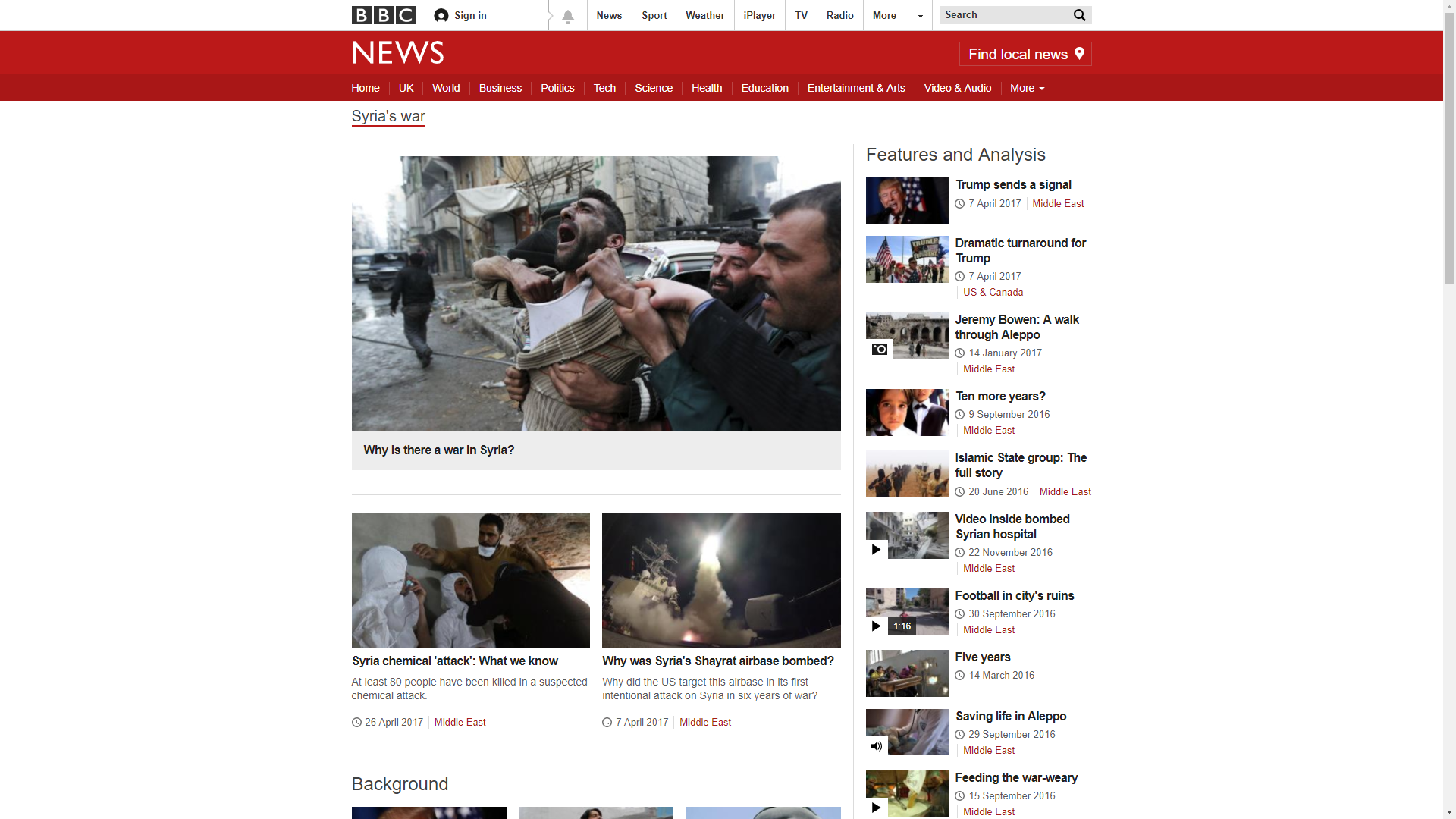For some strange reason, many debaters seem to be blissfully unaware of the smorgasbord of resources that are valuable for anyone wanting to improve their game. This is a non-exhaustive list of publications and websites that we have found useful over the years, and maybe you will too.
Let’s start with news sources. To debate effectively, you need to know what is actually going on in the world. Most debate motions are about real world issues, discussed and debated in the media and governments all around the world. The team with the better understanding of said issues, almost always wins the debate. If you go to a tournament and find yourself asking “What is this motion even about?” every other round, you definitely need to read more. But not all news sources are created equal. And there are some that are better for the purpose of debating.
2. BBC
3. The Guardian
4. Al Jazeera
5. Vox
Where’s the local news? Local papers are important to read, especially when the tournaments you participate in tend to discuss national issues. The problem is they often lack in depth analysis of global events which are important for bigger/regional tournaments. So try to strike a healthy balance.
There are a couple of things you should look out for with these publications. Beyond the traditional news articles, the opinion sections on the New York Times and the Guardian are especially useful because they provide commentary and analysis. Reading Al Jazeera is critical, because most major news organisations tend to report on issues through a western lens, and Al Jazeera does a really good job of providing alternative view points and being a reputable source. And yes, not everything the white man says is accurate. Listen to the brown man too. The BBC on the other hand, has whole featured pages on major events shown in the image below. These featured pages provide a collection of articles with everything you need to know about that event, including timelines and profiles of key figures. Very useful for characterisation or framing. I’ve often relied on these featured pages to get quick but comprehensive updates just before a tournament.
If you’ve got no idea how and where to start reading about the six years of civil war that has been going on in Syria, go here.
Additionally, news consumption doesn’t always have to be in the traditional stuffy article. Al Jazeera for example, runs an online channel called AJ+ which produces short clips on a variety of current topics. The BBC has audio podcasts that you can listen to while travelling. Many outlets produce content in a variety of formats so pick the ones that you enjoy and go with it. This is especially useful if you follow them on social media like Facebook and Twitter, because you will be inundated with useful nuggets of information without even realising it.
The next level is to get magazine subscriptions from publications like The Economist, Foreign Affairs, and Foreign Policy. Such long-form publications will contain so much more detail compared to the classic news piece, and in many ways, is superior for debate purposes as they often include actual policy proposals and their implications
The Economist even publishes special editions at the end of the year like this one. (We are in no way sponsored by The Economist. But if anyone from the magazine is reading, please sponsor kthx. Free subscriptions would be nice)
There’s a reason why this the Economist is referred to as the debater’s bible. It is the single most important publication that experienced debaters read to keep up to date. I cannot remember the number of times having an article from the Economist on hand has saved me in a tournament, especially in crucial rounds. Sometimes debaters don’t realise that adjudication cores often get motion inspiration from some Economist article they read, so reading the same piece will obviously give you a massive advantage.
Finally (well ok not finally, but I’ll leave books and tv shows to another post as this is way longer than I expected), academic articles and research reports can effective material for in depth reading on specific subjects. They might not be the best format for getting quick and easy information, but the level of detail is helpful if you have the time. If you are in a higher education institution, they will often provide you access to repositories like JSTOR which you can make use of. But if you aren’t, there are still free resources like the Congressional Research Service reports here.
Let’s then move on to debate specific resources. We’re certainly not the first ones to publish free content for anyone wanting to learn about debating, and we won’t be the last. There is a ton of free videos, podcasts, and lectures if you take the trouble to look for them. Here’s the ones that we know of.
Monash debaters: This is one of the first youtube channels I discovered years ago and have found to be incredibly useful to learn specific aspects of debate strategy. There’s also quite a few content lectures on subjects ranging from criminal justice to the Middle East. It isn’t updated regularly anymore, but the old videos are still relevant. They also used to publish the Monash debating review which is the only peer reviewed debating journal. Like their Youtube channel, they haven’t released anything new in the past couple of years unfortunately. But the older publications are still available.
Debate good: An initiative by Logandran Balavijendran and Tim Sonnreich (old debating legends if you don’t know who they are. Like really old. And real legends. Like probably mentioned in the Iliad kind of old legend). They share a lot of useful articles on issues they think debaters should think about but also publish strategy videos on occasion. They also have a podcast here. Logan also uploads a ton of debate videos that he has recorded as well as some of his older lectures on his Youtube channel here.
The Red Sea Open has a Youtube channel where they publish both videos of debate rounds during the tournament as well as the workshops held before it. I highly recommend the lecture on First Proposition done by Will Jones.
Apparently it is now a thing for major tournaments to publish video tutorials done by the adjudication core or other accomplished debaters so both the European University Debating Championships and World University Debating Championships for 2017 have Youtube channels here and here.
Alfred ‘Tuna’ Snider (different Alfred from the one publishing here) also has left a repository of online lectures from different sources here.
In addition to all the lecture videos, there is a wealth of recorded debates from national and internatationl tournaments to learn from. There are channels like the one by Zhengbo on youku and the Malaysian Institute for Debate and Public Speaking (MIDP). All you really need to do is get on Youtube and start searching for major tournaments like WUDC, EUDC, UADC, Australs, WSDC and you’ll be able to watch them for free. Most major competitions even livestream the debates so you can view them from the comfort of your home instead of having to travel to the actual tournament. All you have to do is follow these tournaments on social media and links will be posted on Facebook and Twitter. Join your local and regional Facebook debating groups like Singapore Debaters, Malaysian Debaters and Asia Debating to get updates. It really isn’t that difficult.
Ok so now you have all these sources, where do you begin? Anywhere you like! Look through them, pick the ones you find interested and start learning. Enjoy the process and there’s no reason to rush into it. Make learning about debating a habit, a daily ritual. Change the environment around you so that it becomes natural that you will read or watch content related to debating. Have conversations with people (even us!) at tournaments. Just get started.

